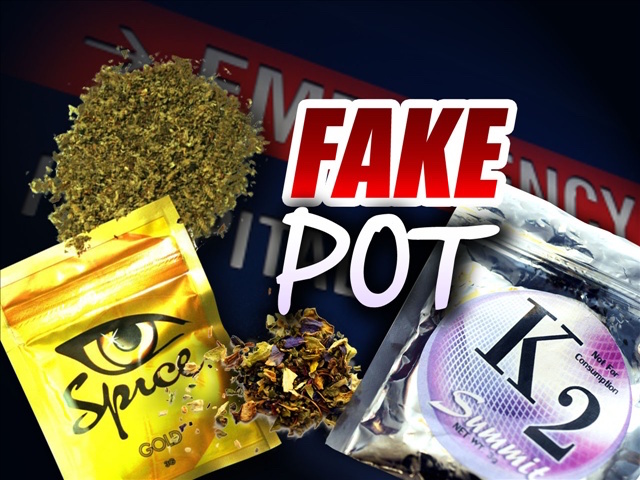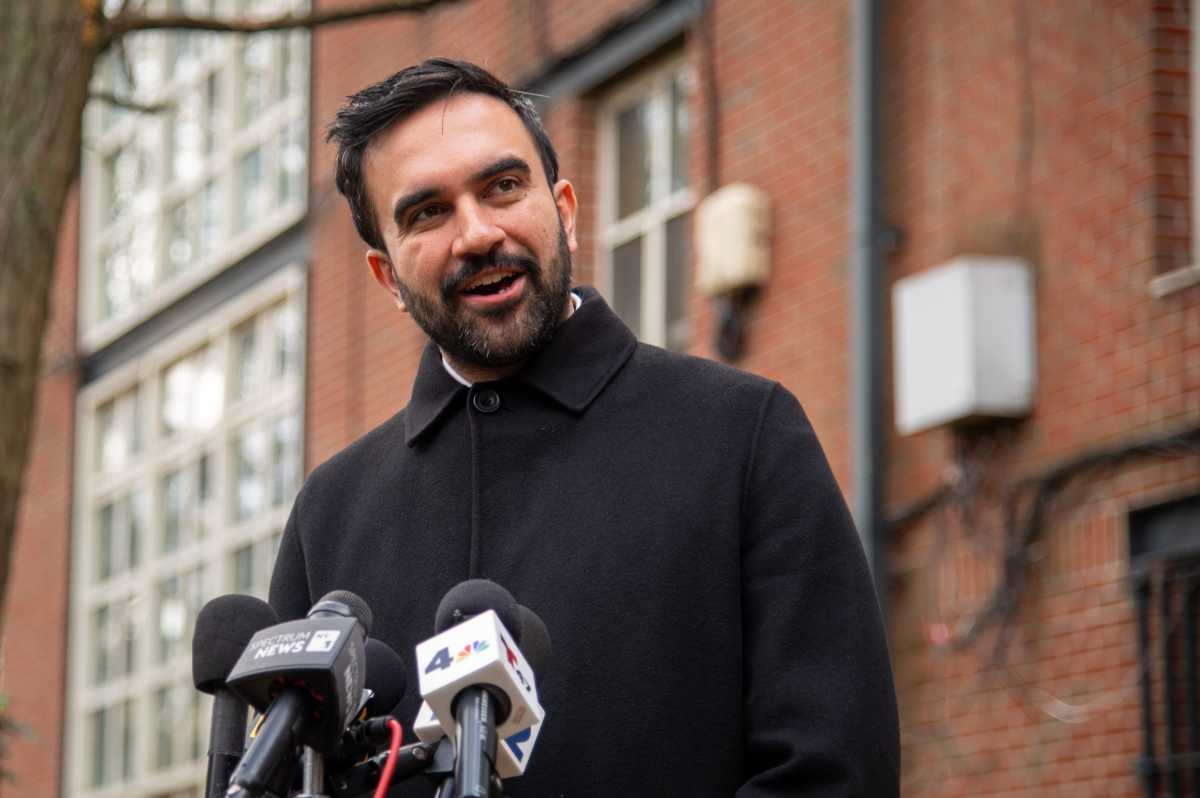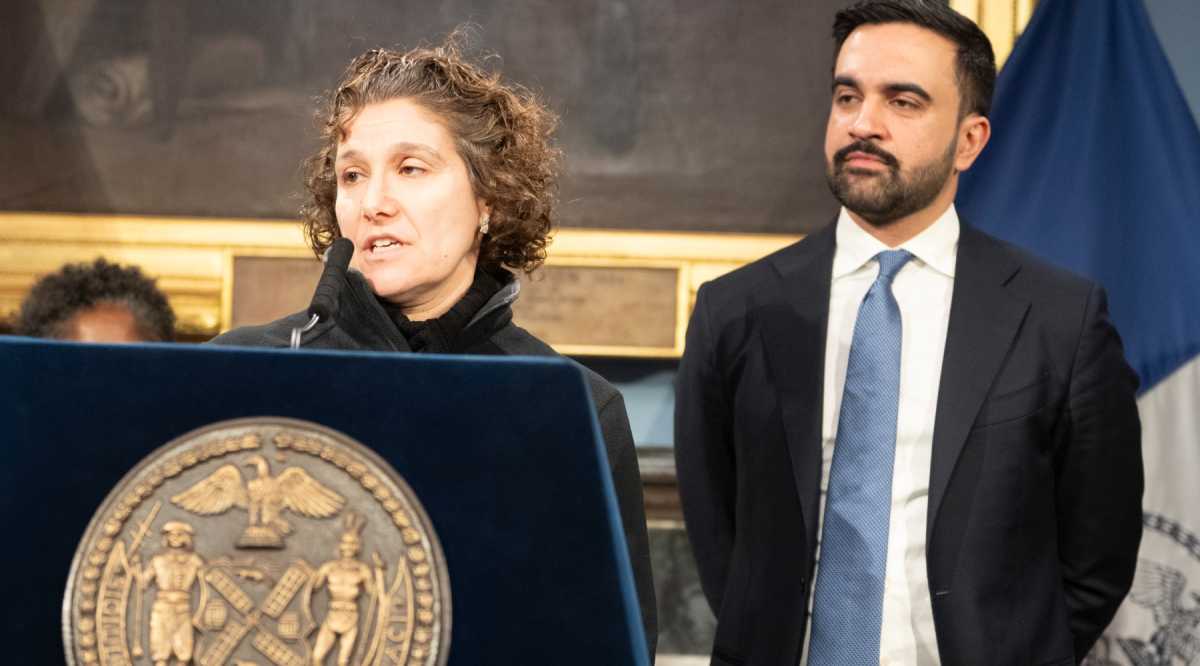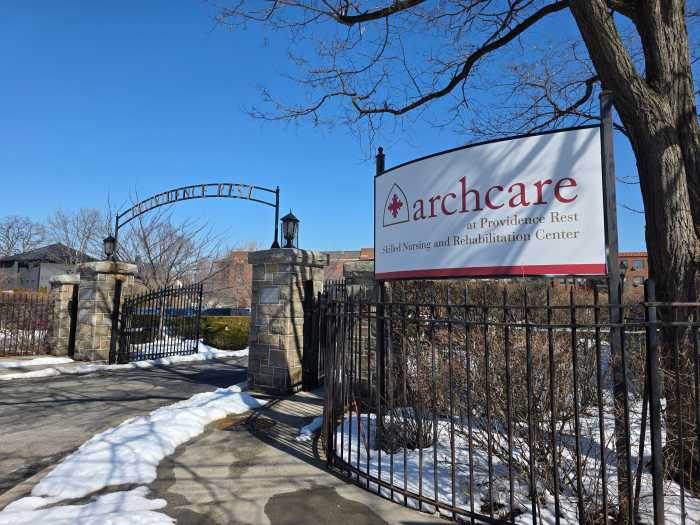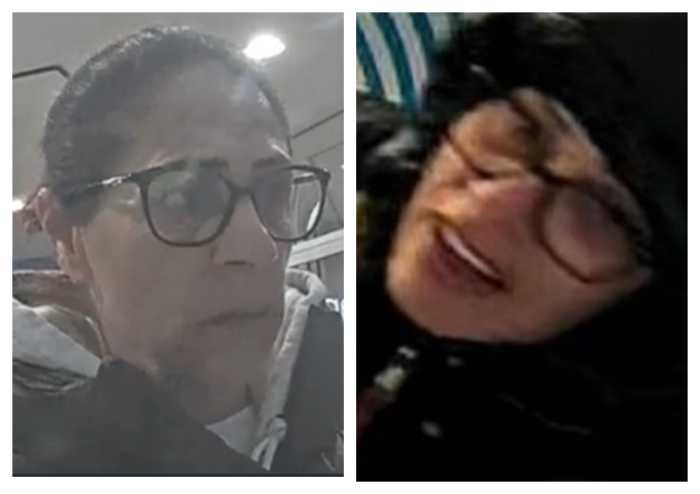Mayor Bill de Blasio signed into law three new bills to combat the sale and manufacturing of K2, or synthetic marijuana. The violations have increased for those who sell or manufacture the drug. Users of the drug in need of help will be offered support.
Meanwhile, Governor Andrew M. Cuomo unveiled a new public service announcement airing statewide on television stations and music streaming services that warns New Yorkers about the dangers of synthetic drugs, as well as opioid abuse.

“We are getting K2 off our streets and out of the hands of New Yorkers, and this legislation will improve quality of life for all New Yorkers. K2 is a poison that threatens public safety and public health – and these new laws criminalize sellers and manufacturers, without punishing users who are held hostage by this toxic drug,” said de Blasio.
The NYPD has indicted 10 sellers, seizing $17.5 million worth of K2 products, ingredients, and paraphernalia, according to a statement by the Mayor.
Police Commissioner William Bratton praised the new laws, saying, “We have been working relentlessly to eradicate this poison. Our work has resulted in the arrest of dozens—and seizure of millions of packets of K2—and countless more ingredients destined for production that never made it to the street. This law affords us additional tools to continue to combat the scourge of K2.”
K2 is comprised of leaves sprayed with a variety of chemicals then either smoked or ingested. The drug is also known as Spice, Green Giant, and Caution. Use of the drug has resulted in several side effects, including agitation, vomiting, seizures, hallucinations, and violent behavior.
Under the new laws, the manufacture, possession with intent to sell, and sale of K2 is now a misdemeanor, punishable by up to one year in jail and up to $5,000 in fines. Under Intro 897, violators of these new laws are subject to public nuisance regulations. Individuals with a cigarette dealer license will have that license revoked, suspended, or be refused a renewal if he or she sells synthetic drugs or imitation synthetic drugs.

The legislation is one aspect of the City’s multi-faceted strategy to combat K2. In addition to the recent NYPD seizure, more than 80 New York City stores and bodegas were inspected for synthetic drugs in an effort to reduce the supply of K2. These enforcement actions will continue, making bodega owners and cigarette distributers aware of the consequence of selling K2.The Department of Consumer Affairs has issued violations for inadequate and misleading package labeling.
Bushwick City Council Member Rafael L. Espinal, Jr., Chair of the Committee on Consumer Affairs, is concerned about the widespread availability of these drugs and how they are being labeled. “I am deeply concerned with the false and deceptive labeling that K2 manufacturers use in order to package these dangerous synthetic chemicals as a cheap and fun recreational product… It is our goal to penalize the manufacturers and sellers of K2 and not the users. K2 is a dangerous, inappropriately labeled product and should not be sold next to the milk and sugar in your neighborhood store.”
In the hopes of reducing the demand for K2, the Department of Consumer Affairs and the Department of Health and Mental Hygiene are launching a public awareness campaign to educate the public about the dangers of using K2 and potentially misleading marketing.

Cuomo kicked off the state’s public service announcements about the dangers of synthetic marijuana with a 33-foot billboard stating, “Synthetic marijuana can kill!” posted on 167th Street and Southern Boulevard in the Bronx. Other New York City locations will soon see similar posters posted in subways, bus shelters, select malls, and other locations.
“These PSAs spread the simple message that these drugs are harmful, addictive, and simply not worth it,” Cuomo said. “This administration will continue to do everything in our power to combat opioid abuse in New York as well as take on the emerging threat of synthetic drugs in our communities.”
To ensure the effectiveness of the City’s strategy, City health agencies will track cannabinoid-related emergency department visits daily. The agencies will devise a standardized treatment protocol and management plan for emergency rooms.
Since January 2015, there have been more than 4,500 synthetic cannabinoid-related emergency department visits in the City. In July alone, there were more than 1,200 emergency department visits. Out of these visits, 90 percent of patients were males. The median age of patients is 37. A disproportionate number of these patients were shelter residents or suffered from a psychiatric illness. Nearly every patient, about 99 percent, are age 18 and older.
On November 16th, New York City will hold a summit on K2 at Brooklyn Law School to discuss the harmful effects of the drug and how to best treat those who use it, in terms of public safety and health.


